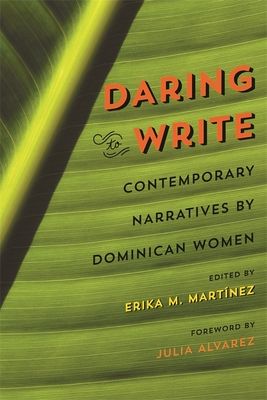Home
Storying the Ecocatastrophe: Contemporary Narratives about Environmental Collapse
Loading Inventory...
Barnes and Noble
Storying the Ecocatastrophe: Contemporary Narratives about Environmental Collapse
Current price: $180.00


Barnes and Noble
Storying the Ecocatastrophe: Contemporary Narratives about Environmental Collapse
Current price: $180.00
Loading Inventory...
Size: Hardcover
*Product Information may vary - to confirm product availability, pricing, and additional information please contact Barnes and Noble
How do writers and artists represent the climate catastrophe so that their works stir audiences to political action or at least raise their environmental awareness without, however, appearing didactic?
Storying the Ecocatastrophe
attempts to answer this question while interrogating the potential of narrative to become a viable political force. The collection of essays achieves this by examining the representational strategies and ideological goals of contemporary cultural productions about climate change. These productions have been created across different genres, such as the traditional novel, dance performance, solarpunk, economic report, collage, and space opera, as well as across different languages and cultures. The volume’s twelve chapters demonstrate that rising temperatures, erratic weather, extinction of species, depletion of resources, and coastal erosion and flooding are an effect of our abusive relationship with nature. They also show that our use of nuclear power, extraction of natural resources and extensive farming, including heavy reliance on pesticides, intersect with intrahuman violence, as fleshed out by heteropatriarchy, racism, (neo)colonialism, and capitalism. They finally argue that human activity has indirectly contributed to other contemporary crises, namely the migrant crisis and the spread of contagious diseases such as Covid-19.
Storying the Ecocatastrophe
attempts to answer this question while interrogating the potential of narrative to become a viable political force. The collection of essays achieves this by examining the representational strategies and ideological goals of contemporary cultural productions about climate change. These productions have been created across different genres, such as the traditional novel, dance performance, solarpunk, economic report, collage, and space opera, as well as across different languages and cultures. The volume’s twelve chapters demonstrate that rising temperatures, erratic weather, extinction of species, depletion of resources, and coastal erosion and flooding are an effect of our abusive relationship with nature. They also show that our use of nuclear power, extraction of natural resources and extensive farming, including heavy reliance on pesticides, intersect with intrahuman violence, as fleshed out by heteropatriarchy, racism, (neo)colonialism, and capitalism. They finally argue that human activity has indirectly contributed to other contemporary crises, namely the migrant crisis and the spread of contagious diseases such as Covid-19.


















